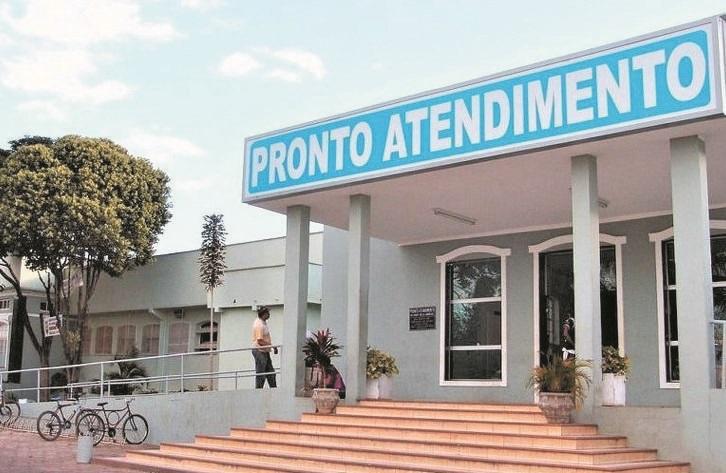North Minas has 14 hospitals designated by the Minas Gerais State Department of Health (SES-MG) as references for the Sexually Transmitted Infections (STI/AIDS) Program. These are health units that provide deliveries and are able to provide care for the prevention of vertical transmission of syphilis, viral hepatitis and HIV in newborns.
The organization of the network within the scope of the Unified Health System (SUS) includes 124 hospitals from all regions of the state. Among the qualification criteria, institutions that give birth to pregnant women at high risk were taken into account; Those with neonatal intensive care units, although not eligible to care for high-risk pregnant women; Institutions that support the Maternity and Childbirth Care Network, with a production greater than or equal to 300 births per year and institutions that are references for natural-risk births.
In northern Minas, the following institutions were selected: Hospital Municipal de Bocaiúva; Senhora Santana Municipal Hospital, in Brasilia de Minas; Mixed Municipal Unit d. Precio de Castro Dorado from San Francisco. São Vicente de Paulo Municipal Hospital, in Curaçao de Jesus; Francisco SA Municipal Hospital; Al Janaiba Social Aid Corporation – (Fundajan); Maternity Hospital Nossa Senhora das Graças, in Monte Azul; Januaria Municipal Hospital; The mortuary hospital in Manga; Santa Casa de Montes Claros; University Hospital Clemente de Faria, also based in Montes Claros; Dr. Hospital Moisés Magalhães Freire, from Pirapora; Municipal Hospital Dr. Oswaldo Predeliano Santana of Salinas. and Santo Antonio Hospital in Taipeiras.
Early identification of the neonate and the vertically infected child is essential to indicate the initiation of antiretroviral therapy and to prevent opportunistic infections, as well as to undertake the management of infectious complications and nutritional disorders.
joint test
To enable early diagnosis, hospitals must perform combined testing for HIV, syphilis and viral hepatitis, regardless of the fact that the tests are performed during prenatal care, as well as the methodology used. When possible, the test should also include the partner.
The Health Surveillance Coordinator of the Montes Claros Regional Health Surveillance – (SRS), Agna Soares Menezes, explains that ART should be implemented immediately after birth, in all newborns of HIV-infected mothers.
In addition, pharmacological inhibition of lactation in postpartum women should also be performed immediately after delivery. The distribution of hepatitis B human immunoglobulin will follow an upward flow, as municipalities, through hospitals, have to direct the demand to regional health units.
References in the region
In addition, the coordinator notes, hospitals should refer a woman postpartum with HIV and/or viral reactive hepatitis and born to the area’s reference specialist care service. Cases of syphilis should be referred to municipal primary health care services for clinical and laboratory follow-up and treatment.
Patients access other STI/AIDS and viral hepatitis medications through local drug distribution units, where medications are administered and distributed.
The Regional Health Supervisor, Demi Tawanne Pereira Marques, recognizes that organizing the network to provide care to prevent vertical transmission of syphilis, viral hepatitis and HIV “will speed up early diagnosis of cases and referral of patients to specialized treatments, thus enabling a better quality of life for mothers and newborns.” In addition, the inclusion of 14 district hospitals in the network makes it possible for all the delicate health districts to be able to conduct rapid tests at the appropriate times.”
Involved

“Wannabe internet buff. Future teen idol. Hardcore zombie guru. Gamer. Avid creator. Entrepreneur. Bacon ninja.”

